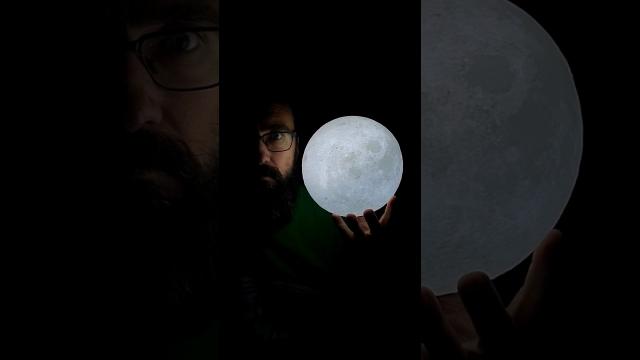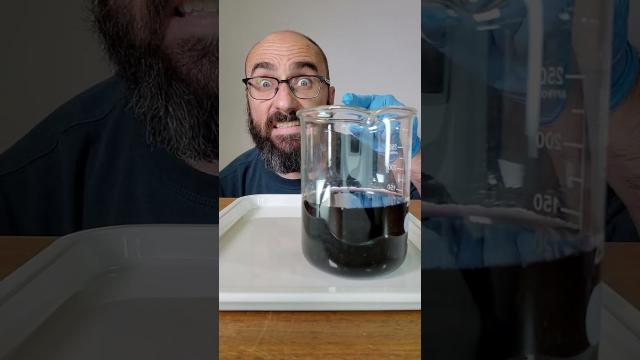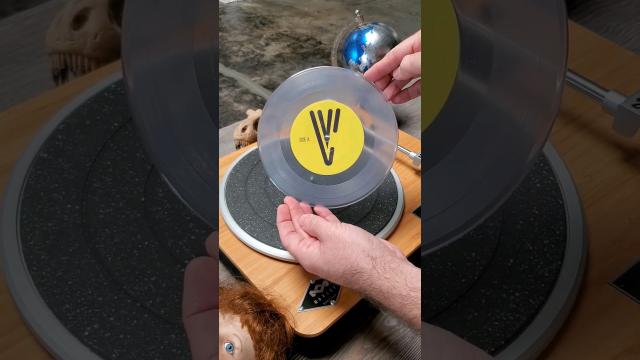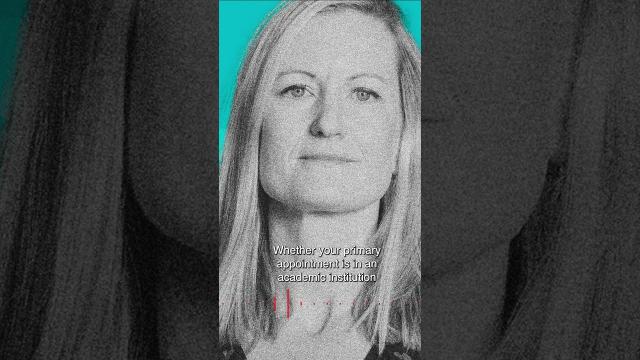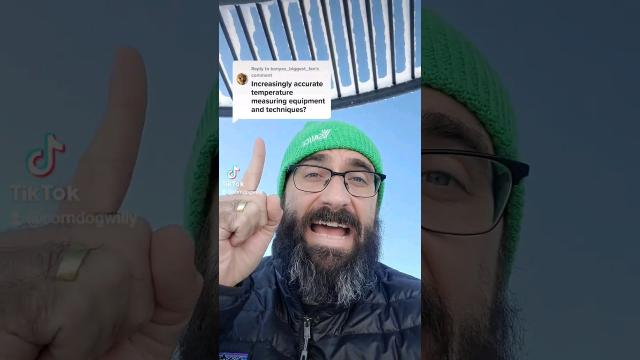Time Travel, Teleportation & Science
Time travel is the concept of moving between different points in time in a manner analogous to moving between different points in space, generally using a theoretical invention, namely a time machine. It has a commonly recognized place in philosophy and fiction, but has a very limited application in real world physics, such as in quantum mechanics or wormholes.
Although the 1895 novel The Time Machine by H. G. Wells was instrumental in moving the concept of time travel to the forefront of the public imagination, The Clock That Went Backward by Edward Page Mitchell was published in 1881 and involves a clock that allowed three men to travel backwards in time.[1][2] Non-technological forms of time travel had appeared in a number of earlier stories such as Charles Dickens' A Christmas Carol. Historically, the concept dates back to the early mythologies of Hinduism (such as the Mahabharata), Buddhism, and Islam through ancient folk tales. More recently, with advancing technology and a greater scientific understanding of the universe, the plausibility of time travel has been explored in greater detail by science fiction writers, philosophers, and physicists.
Teleportation, or Teletransportation, is the theoretical transfer of matter or energy from one point to another without traversing the physical space between them. It has a commonly recognized place in science fiction literature, film, and television, but as yet has a very limited application in real world physics, such as quantum teleportation or the study of wormholes.
Science (from Latin scientia, meaning "knowledge") is a systematic enterprise that builds and organizes knowledge in the form of testable explanations and predictions about the universe. In an older and closely related meaning, "science" also refers to a body of knowledge itself, of the type that can be rationally explained and reliably applied. A practitioner of science is known as a scientist.
In modern usage, "science" most often refers to a way of pursuing knowledge, not only the knowledge itself. It is also often restricted to those branches of study that seek to explain the phenomena of the material universe.
Source : Wikipedia
-
08:05
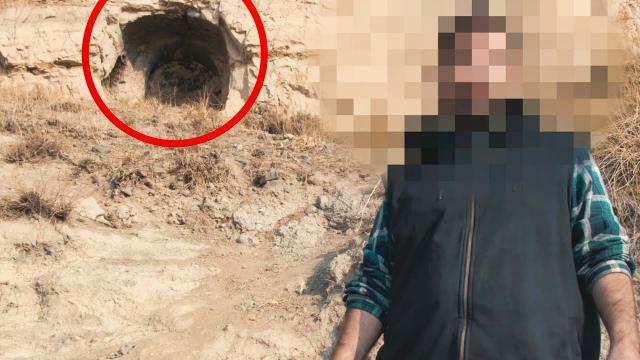
What He Found At The Bottom Of This Mysterious Hole Will Shock You
Added 159 Views / 0 LikesThis man is a farmer, but he's not any ordinary farmer and his story about finding this mysterious hole on his property and what he found inside will shock you.Watch this video next:Time Traveler Shows Newspaper From 2027 (EXACT Dates of Events)https://yo
-
1:07:31
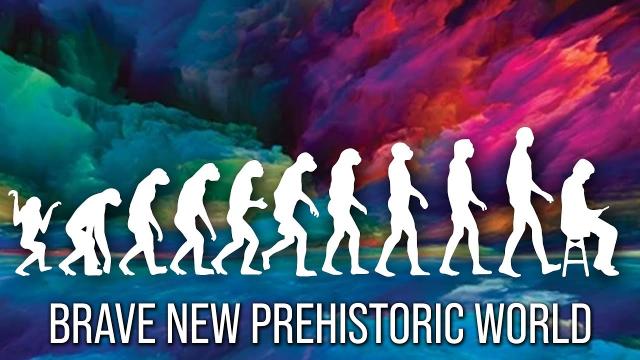
Brave New Prehistoric World
Added 158 Views / 0 LikesRecent breakthroughs in dating ancient samples of DNA and human remains have led to a radical reassessment of human origins. At least ten other early human groups–some with the cognitive capacity to make art, jewelry and herbal medicines–occupied the plan
-
01:01
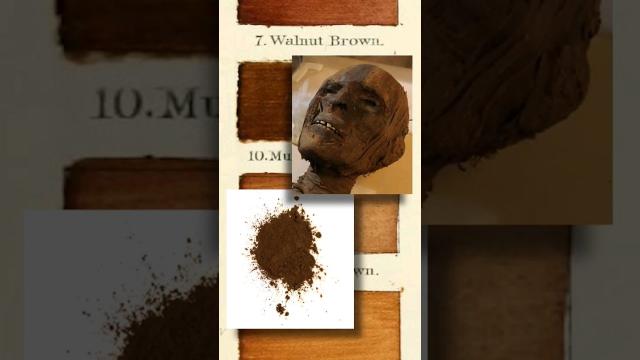
The People Who Were Turned Into Paint
Added 158 Views / 0 Likeshttps://harvardartmuseums.org/article/a-pigment-from-the-depthshttps://www.artinsociety.com/the-life-and-death-of-mummy-brown.htmlhttps://artuk.org/discover/stories/the-corpse-on-the-canvas-the-story-of-mummy-brown-paint
-
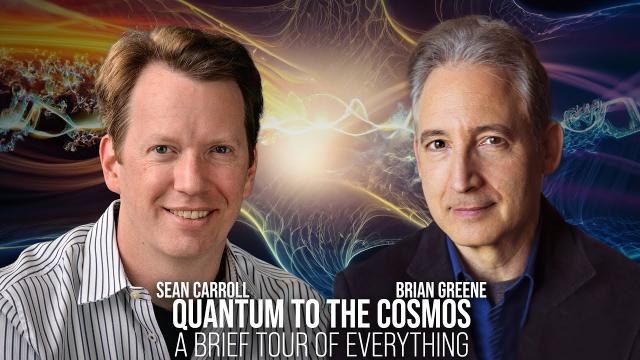
Quantum to the Cosmos: A Brief Tour of Everything
Added 158 Views / 0 LikesSean Carroll, best-selling author and professor of physics and philosophy, joins Brian Greene for a wide-ranging conversation spanning the quantum to the cosmos.This program is part of the Big Ideas series, supported by the John Templeton Foundation.Panel
-
10:47
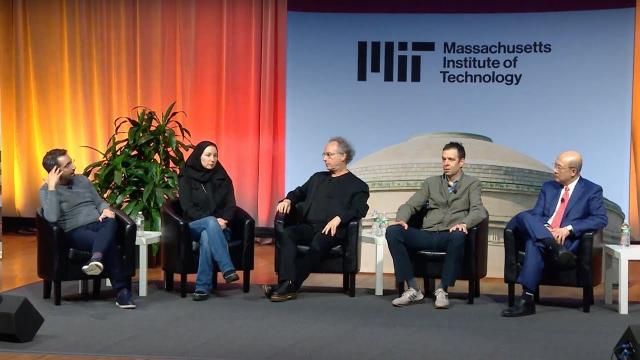
Generative AI Applications Roundtable Discussion
Added 158 Views / 0 LikesSertac Karaman, Professor, MIT Aeronautics and Astronautics and MIT Laboratory for Information and Decision Systems (LIDS) Director, talks with all five speakers about applications for generative AI in their domains.Watch more videos from MIT: http://www.
-
05:55
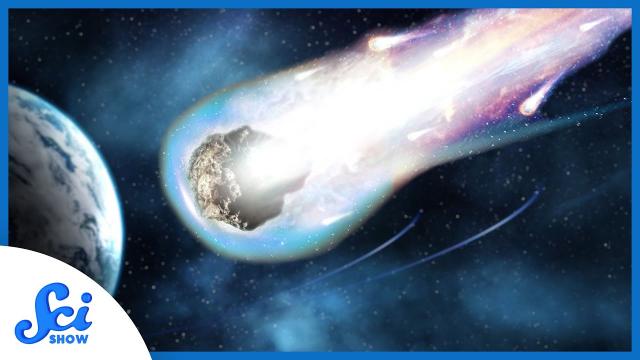
The Biggest Comet Ever Found is Headed Our Way
Added 157 Views / 0 LikesStart speaking a new language in 3 weeks with Babbel. Get up to 65% off in your subscription here: https://go.babbel.com/12m65-youtube-scishow-aug-2021/defaultScientists are discovering new objects in the solar system all the time. Most of these are small
-
02:29
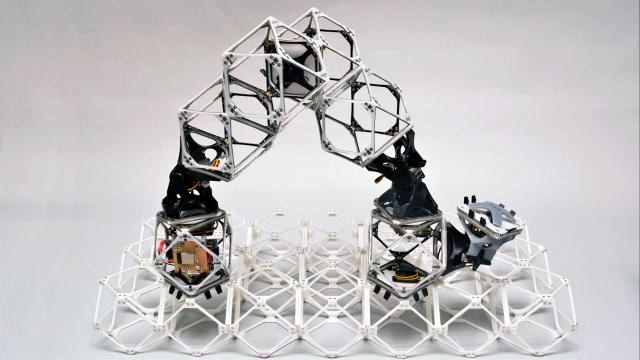
Assembler robots could eventually build almost anything
Added 157 Views / 0 LikesResearchers at MIT's Center for Bits and Atoms have made significant progress toward creating robots that could build nearly anything, including things much larger than themselves, from vehicles to buildings to larger robots. (Learn more: https://news.mit
-
01:00
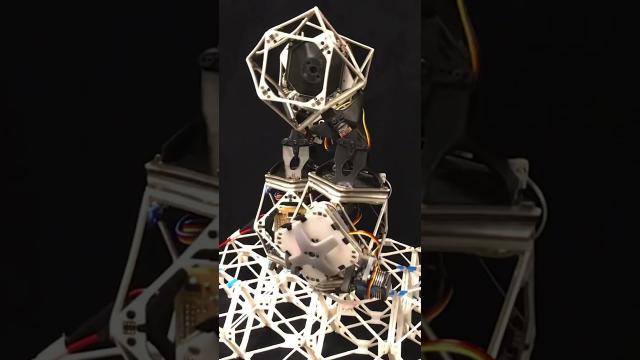
Assembler robots could make larger structures
Added 157 Views / 0 LikesResearches have made progress towards groups of robots that could build almost anything, including buildings, vehicles, and even bigger robots.
-
00:47
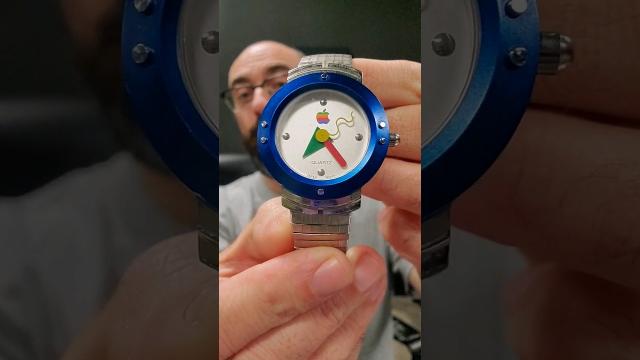
The Very First Apple Watch (1995)
Added 157 Views / 0 LikesThe FIRST Apple watch (1995)#apple #watch #history #macintosh #memphisgroup #AlainSilberstein #design #90s #watchcollection
-
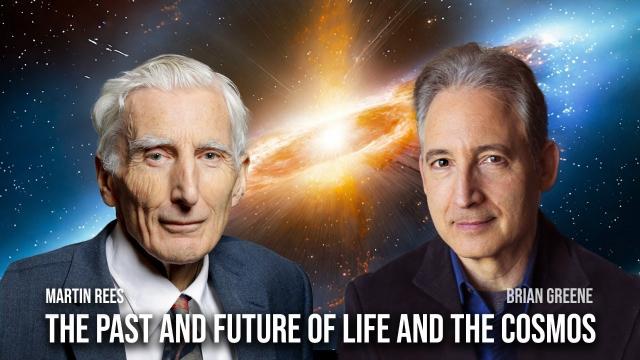
The Past and Future of Life and the Cosmos
Added 157 Views / 0 LikesJoin Brian Greene and Britain's Astronomer Royal Martin Rees as they discuss challenges and opportunities swirling around cosmology--the big bang, dark matter, dark energy, and black holes--and the future of humanity. This program is part of the Big Ideas
-
01:01

Some Real Places I Made Up
Added 157 Views / 0 LikesBaffin Bay is Yoshi's old eye#earth #history #yoshi #mitchhedberg #compass #geography #map #mercator #Projection #population #latitude #longitude #dinosaur #globe #cartography
-
06:01

Which Pokémon is THIS?
Added 156 Views / 0 LikesPersonal Channel video: https://youtu.be/Xb03gdRUWeMTwitter: http://twitter.com/jakerawrInstagram: http://instagram.com/jakerawr***LINKS TO SITES***Pokemon Guidehttps://www.pokequest.wiki/#/pokemonWho’s that Pokemon?https://gearoid.me/pokemon/Pokemon Foss
-
00:59
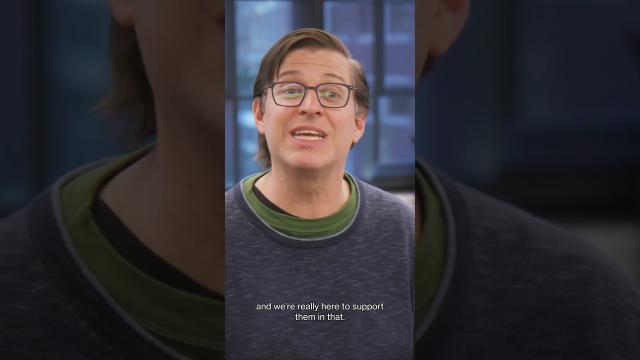
Music tech in the Voxel Lab
Added 156 Views / 0 LikesThe Voxel Lab gives students a space to build entirely new devices for making sound or to hack existing technology in unexpected ways. Watch the full video: https://youtu.be/NQ-dl0t0S44
-
53:52
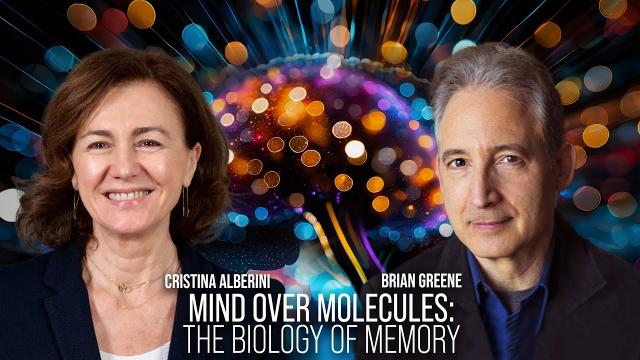
Mind Over Molecules: The Biology of Memory
Added 156 Views / 0 LikesExplore memory’s biological blueprint as Brian Greene and Cristina Alberini probe the science behind our most cherished recollections, and discuss what may be the key to the formation of long-term memories.This program is part of the Big Ideas series, sup

